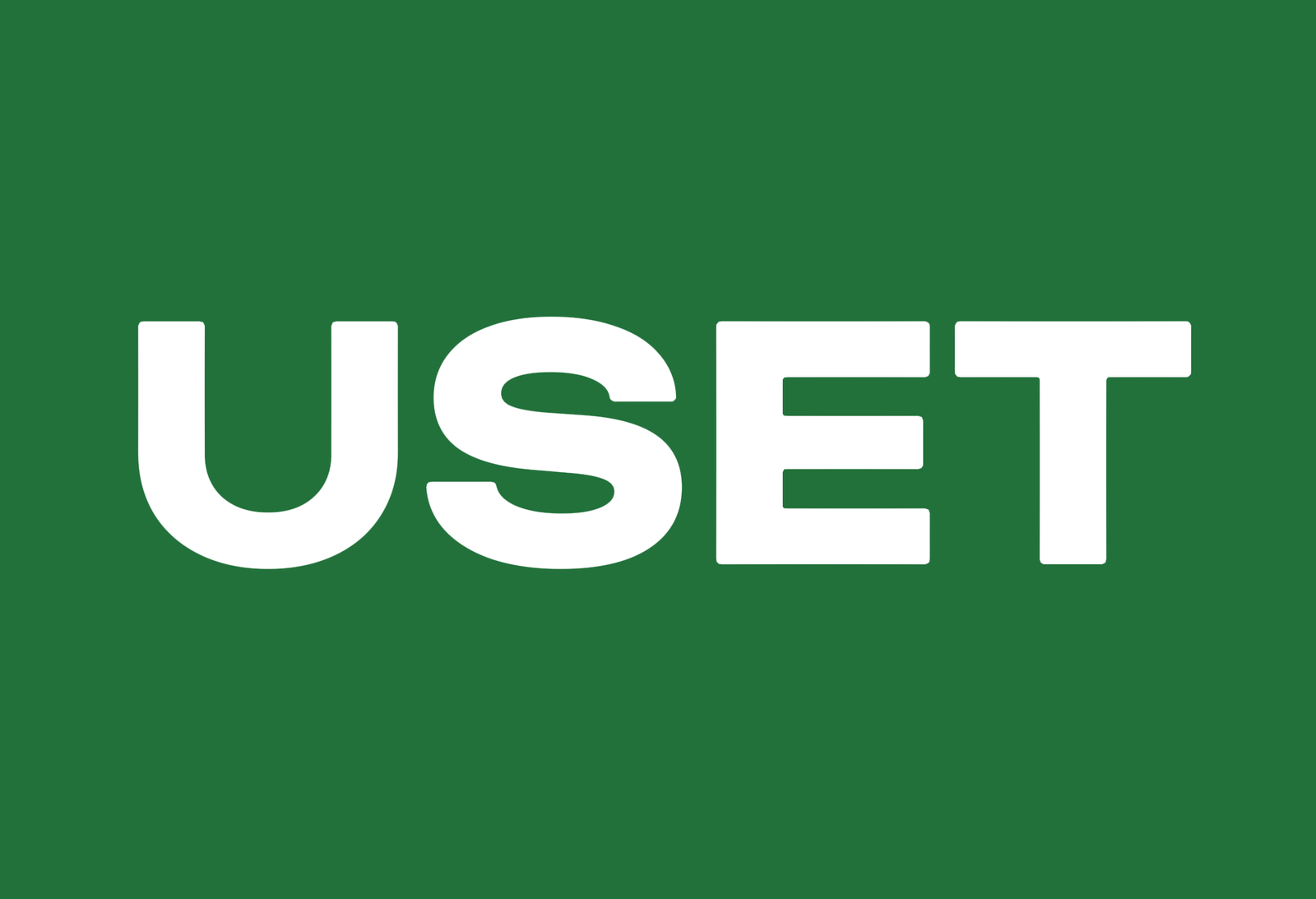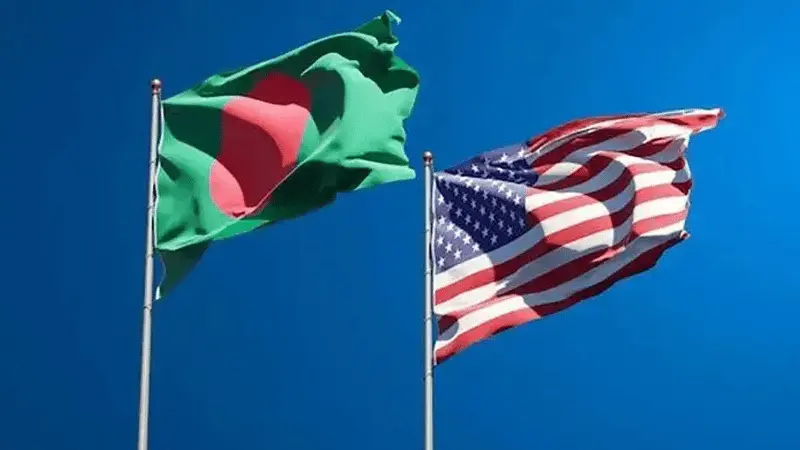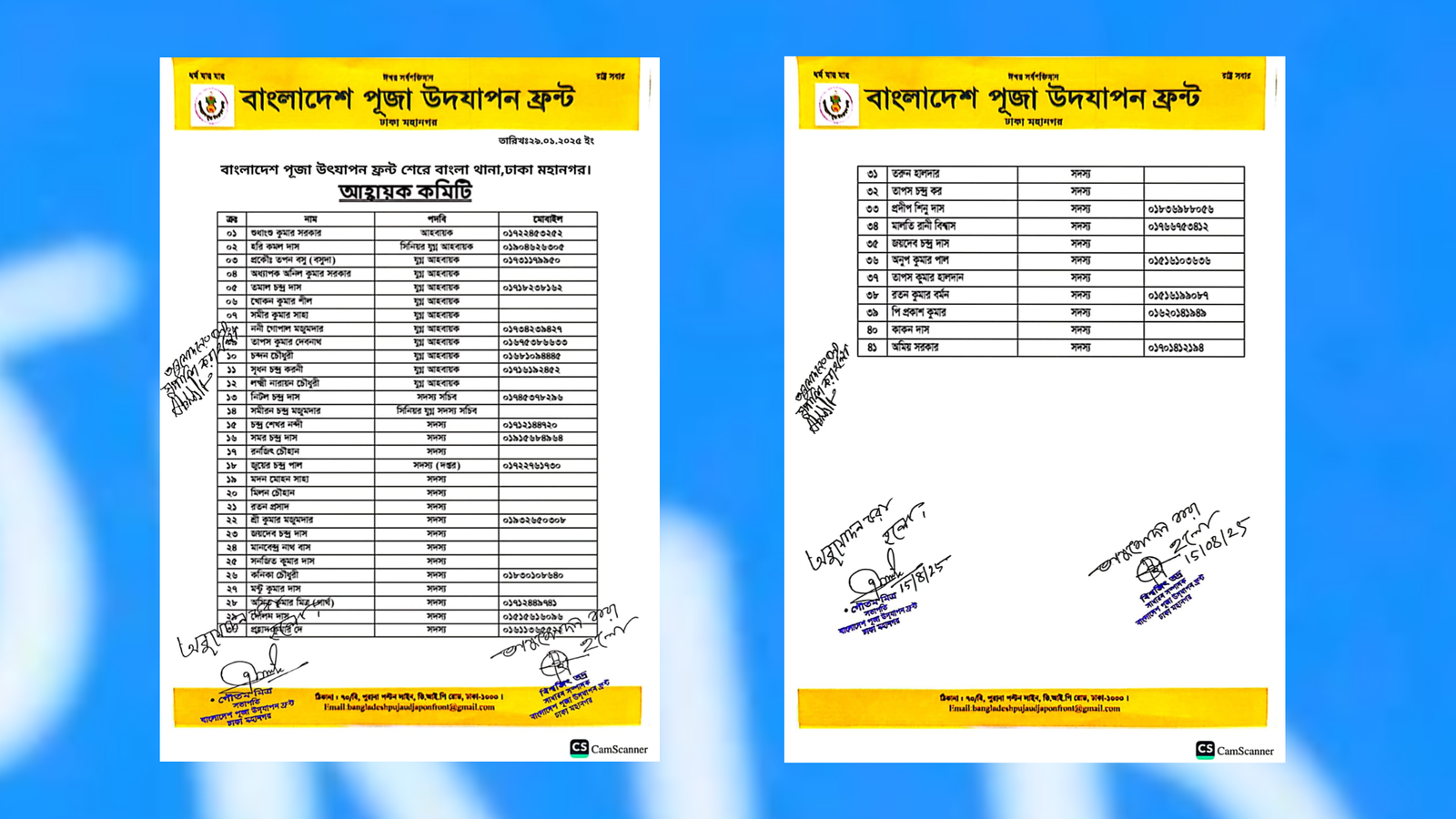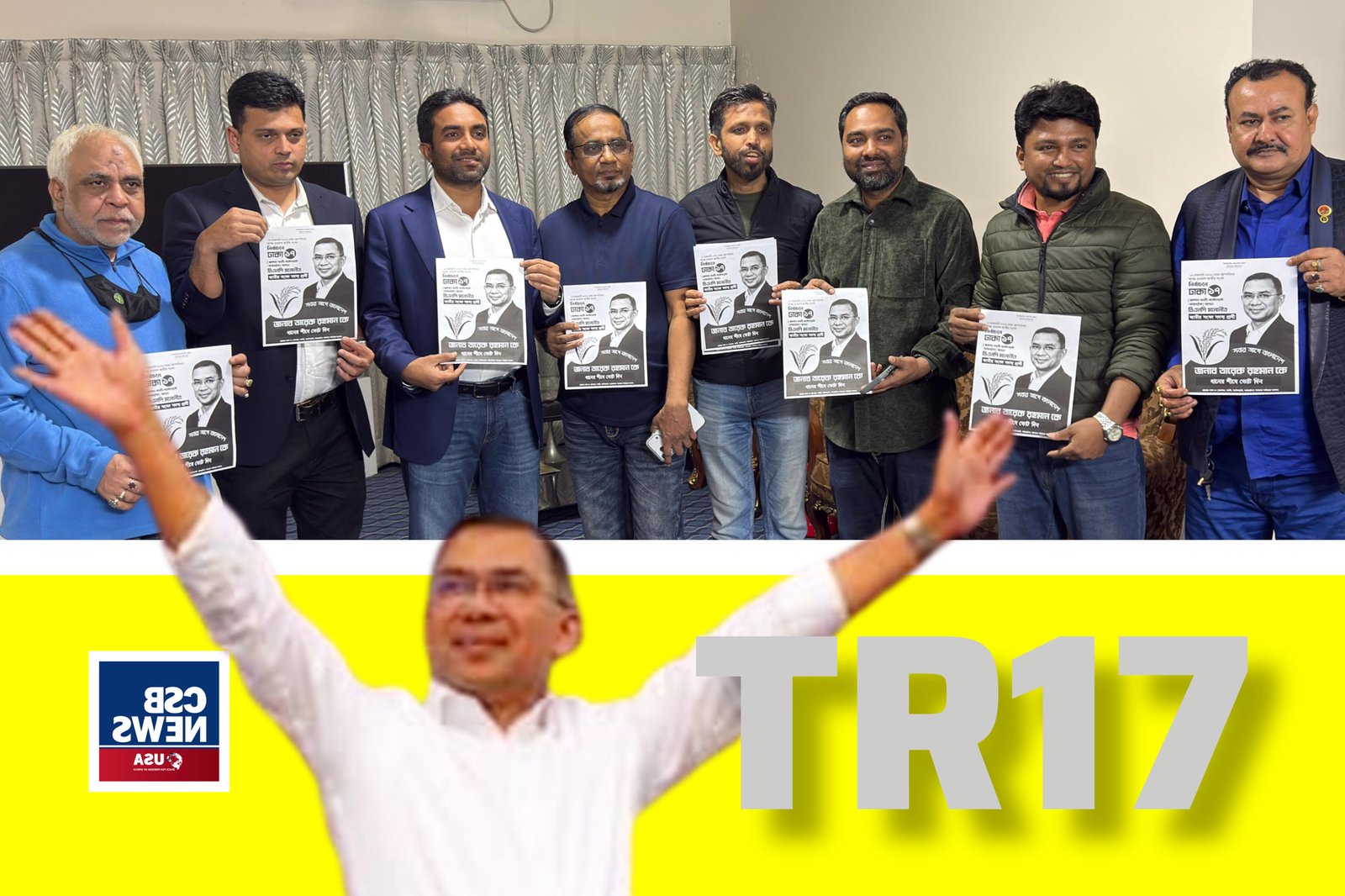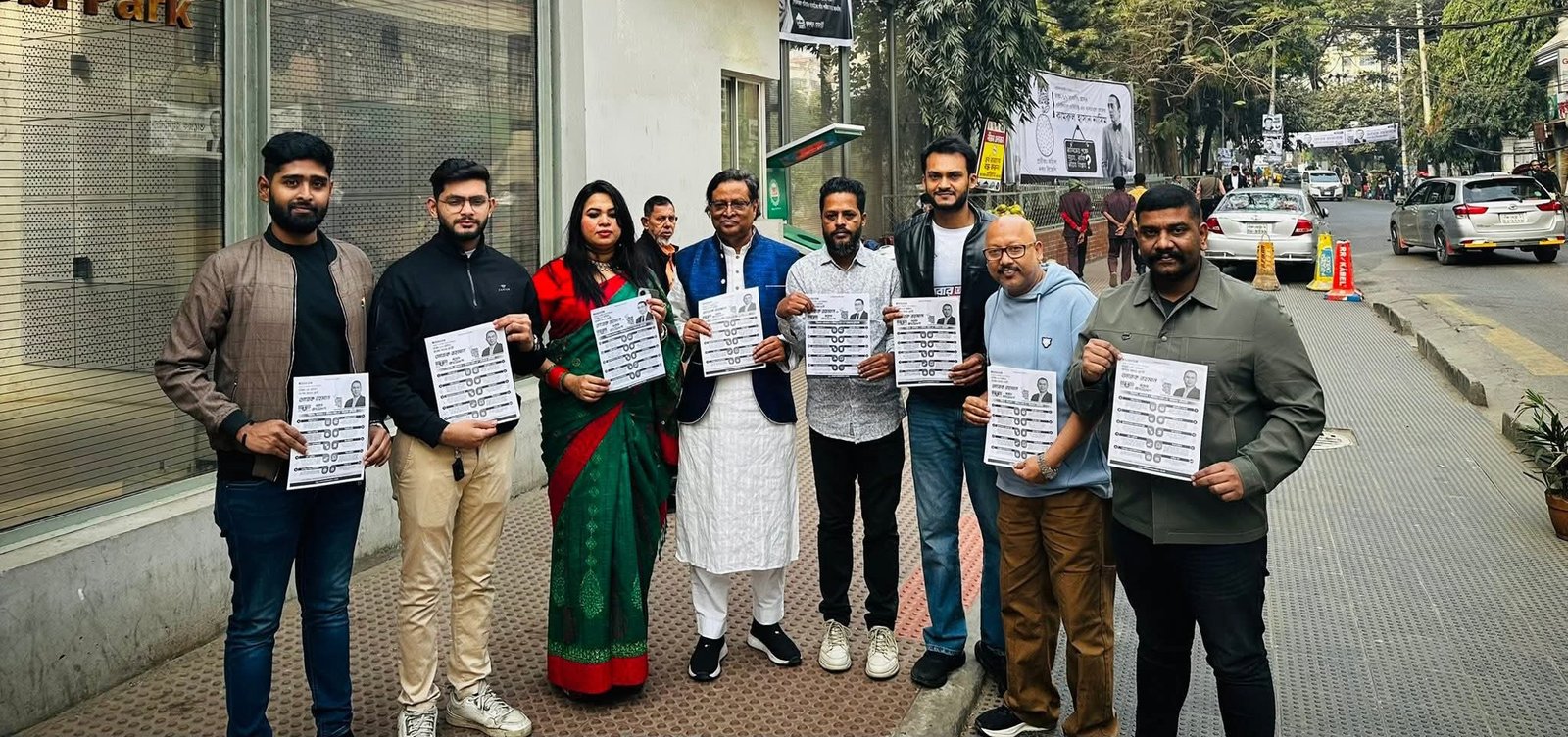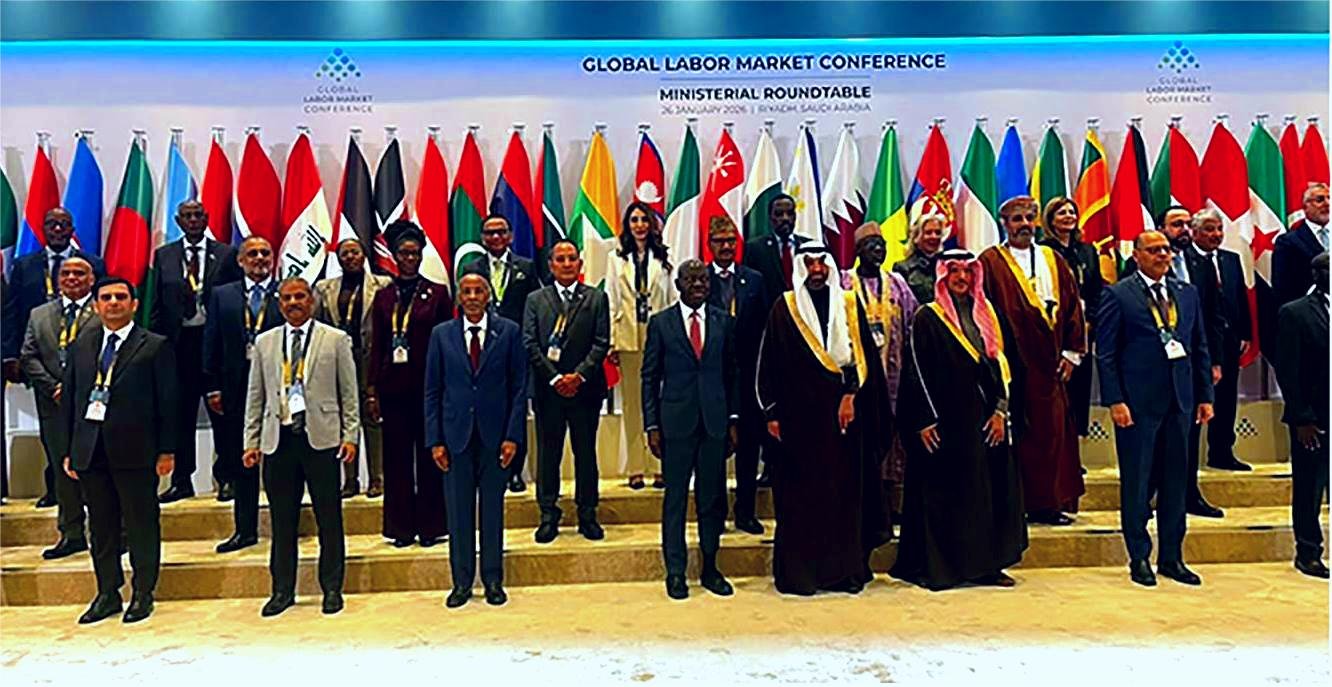In the newly envisioned equitable Bangladesh born out of the intense anti-quota movement, a new program titled 'July Fighters' Quota is now being introduced — offering one-time and monthly salary allowances .Dhaka, Bangladesh | July 1, 2025 —
The nationwide quota reform movement that swept across Bangladesh in July–August 2024 sparked hopes for a new, equitable nation. But one year later, a government rehabilitation initiative for participants of that same movement has stirred fresh debate: “Is Bangladesh once again heading down the path of quota-based inequality?”
Aryan Ahmed, who was injured during the protests, has now been classified under Category ‘C’ in an official government gazette. He is entitled to a one-time payment of BDT 100,000 and a monthly stipend of BDT 10,000. Similarly, according to categorization (A, B, and C), families of the injured and deceased will receive lump-sum payments, monthly stipends, medical benefits, and employment preferences.
The government has published an official gazette recognizing them as “martyrs” and “fighters” under the “July Uprising Martyr Families and July Fighters Welfare and Rehabilitation Ordinance, 2025.” The benefits outlined include:
-
One-time financial grants and monthly honorariums
-
Lifetime medical care
-
Priority in government employment
-
Housing and resettlement support
-
Soft loans and employment assistance
For this purpose, the 2025–26 national budget has allocated BDT 4.05 billion—more than double last year’s amount.
From Anti-Quota Movement to a New Quota System?
Some legal experts argue that this rehabilitation plan is essentially creating a “new form of quota system.” They point out that the original demand of the movement was equal opportunity for all citizens, and that awarding specific groups with benefits, jobs, and preferences goes against that very principle.
Political analyst Mahiuddin Ahmed stated:
“A massive segment of the population participated in that movement. Now, by giving salaries, stipends, and jobs to just a select few, a new privileged class is being created.”
He added,
“Government funds are the people’s money—taxpayers’ money—so any such decision must be transparent.”
Reactions from Movement Leaders
Nahid Islam, a key coordinator of the July movement and convener of the New Citizens’ Party (NCP), said:
“We’ve seen how, in the case of freedom fighters, quotas were extended to grandchildren, which led to inequality. But this rehabilitation is not like that. It’s not a generational quota system—it’s a humanitarian rehabilitation effort.”
On the other hand, another leader, Umama Fatema, remarked:
“Rehabilitation is essential, but the government’s approach is effectively separating martyr families from the general population. There’s a lack of long-term structural planning for capacity building.”
Concerns About Fake ‘July Fighters’ and Abuse of the System
Recent media reports have highlighted cases of fraudulent individuals falsely registering as “July Fighters” to claim benefits, occupying hospital facilities, and manipulating gazette listings. Many fear that the misuse seen in the freedom fighter quota system may be repeating itself in a new form.
Analysts warn:
“Without proper verification, handing out benefits indiscriminately could lead to the rise of a new privileged class.”
Government’s Stance: ‘This Is Not a Quota’
Government officials maintain:
“This is not a quota—it’s simply the state fulfilling its responsibility to families affected by the movement.”



